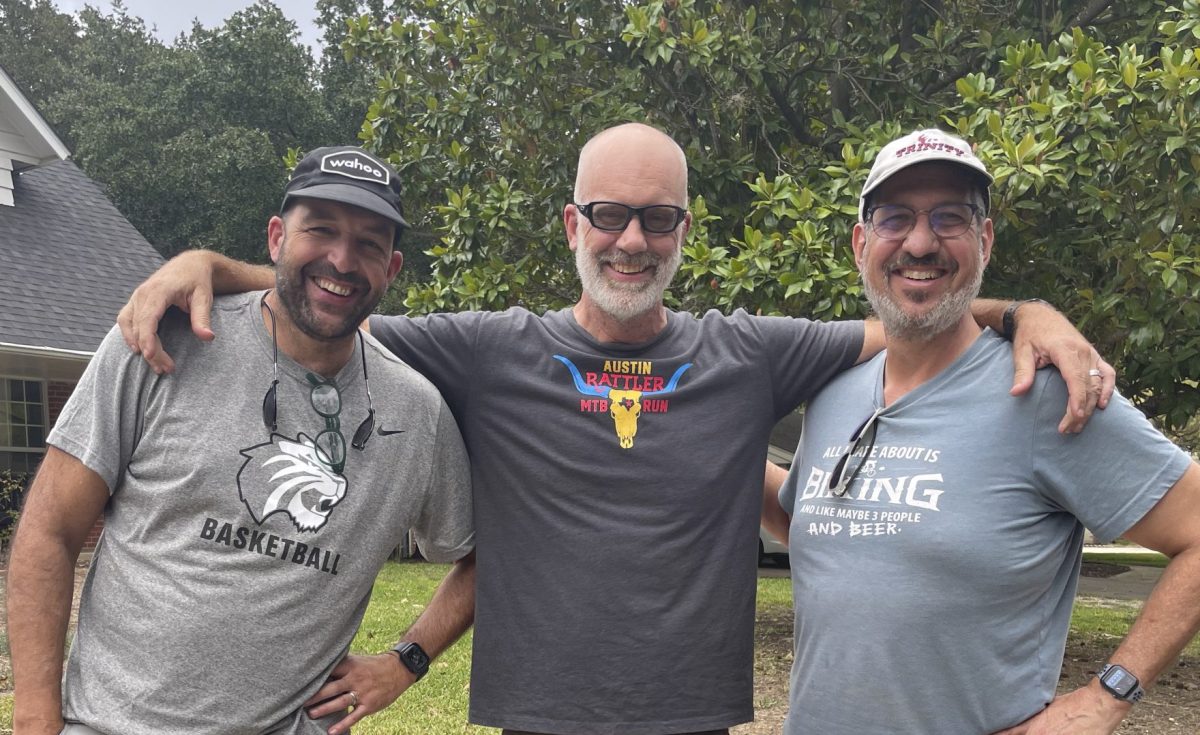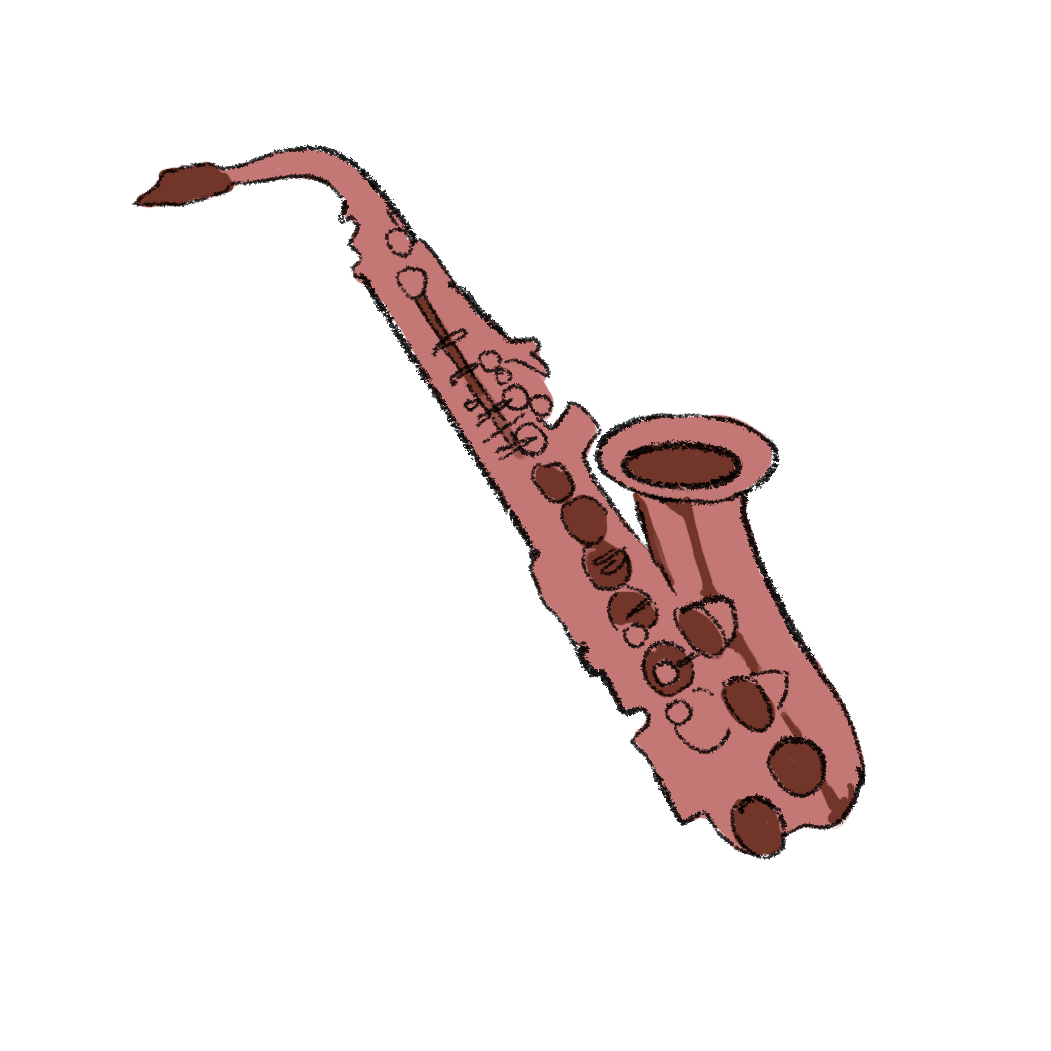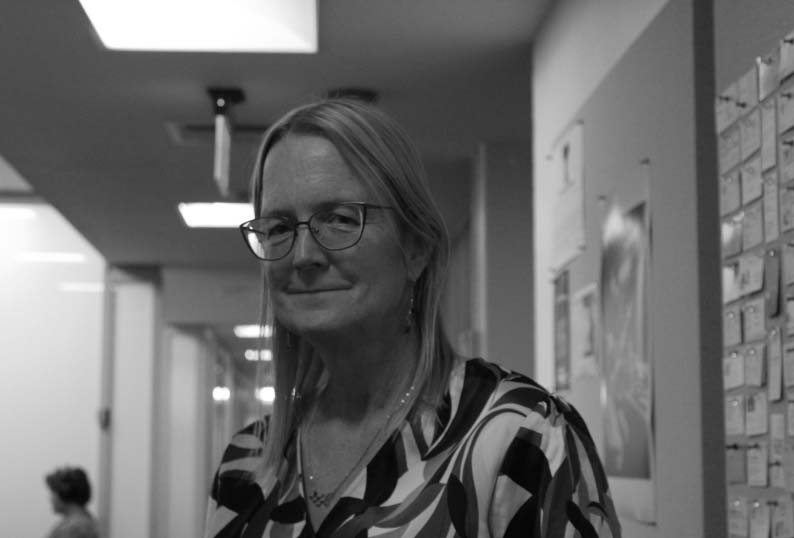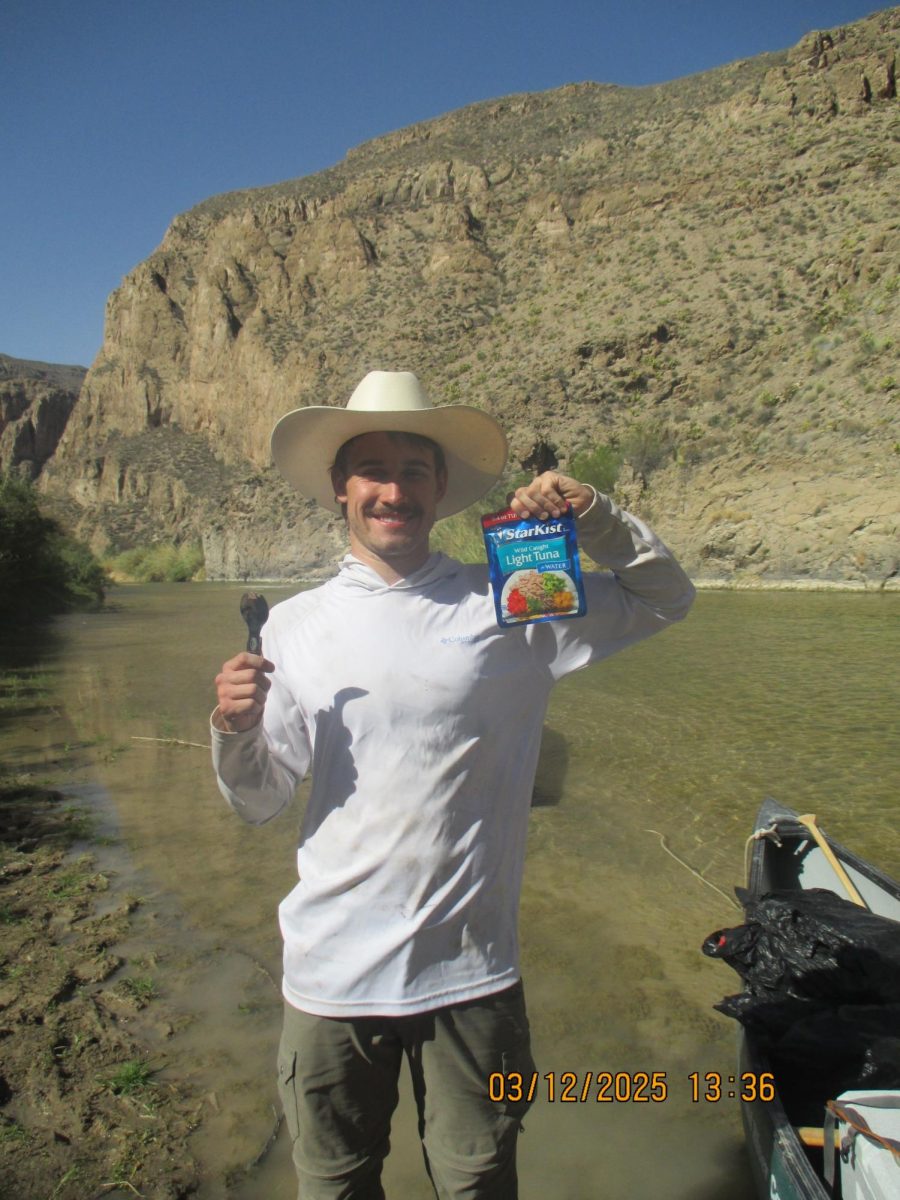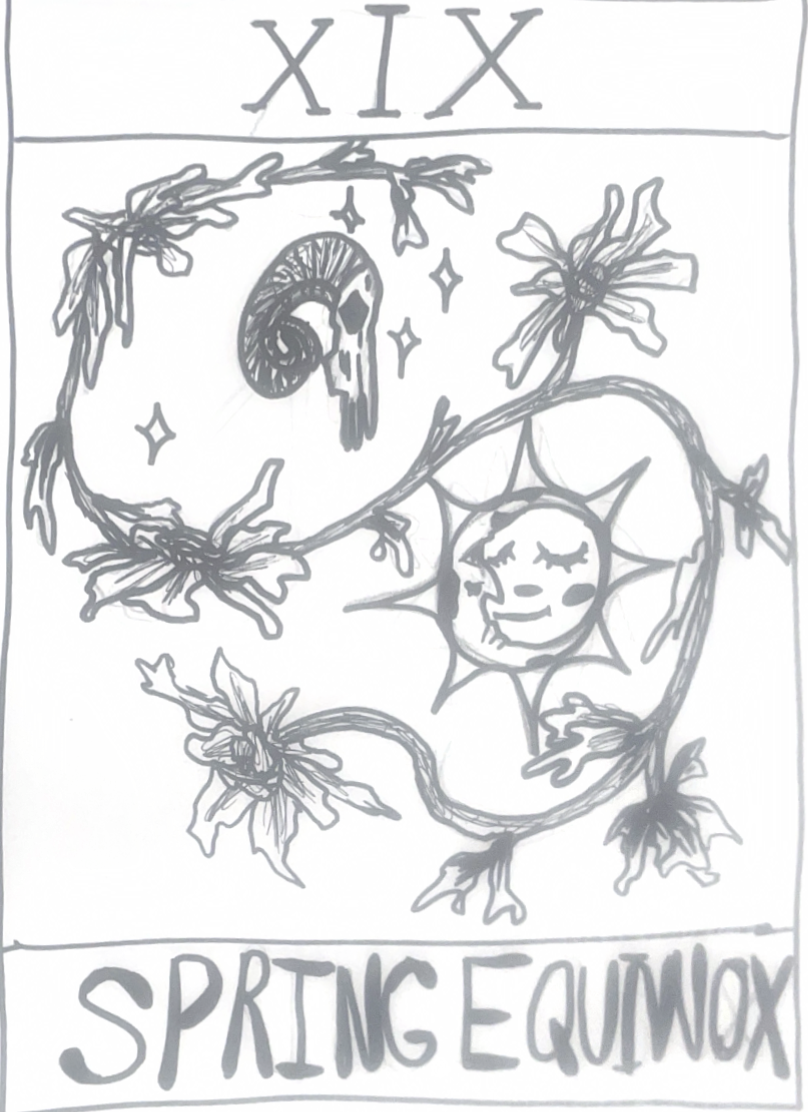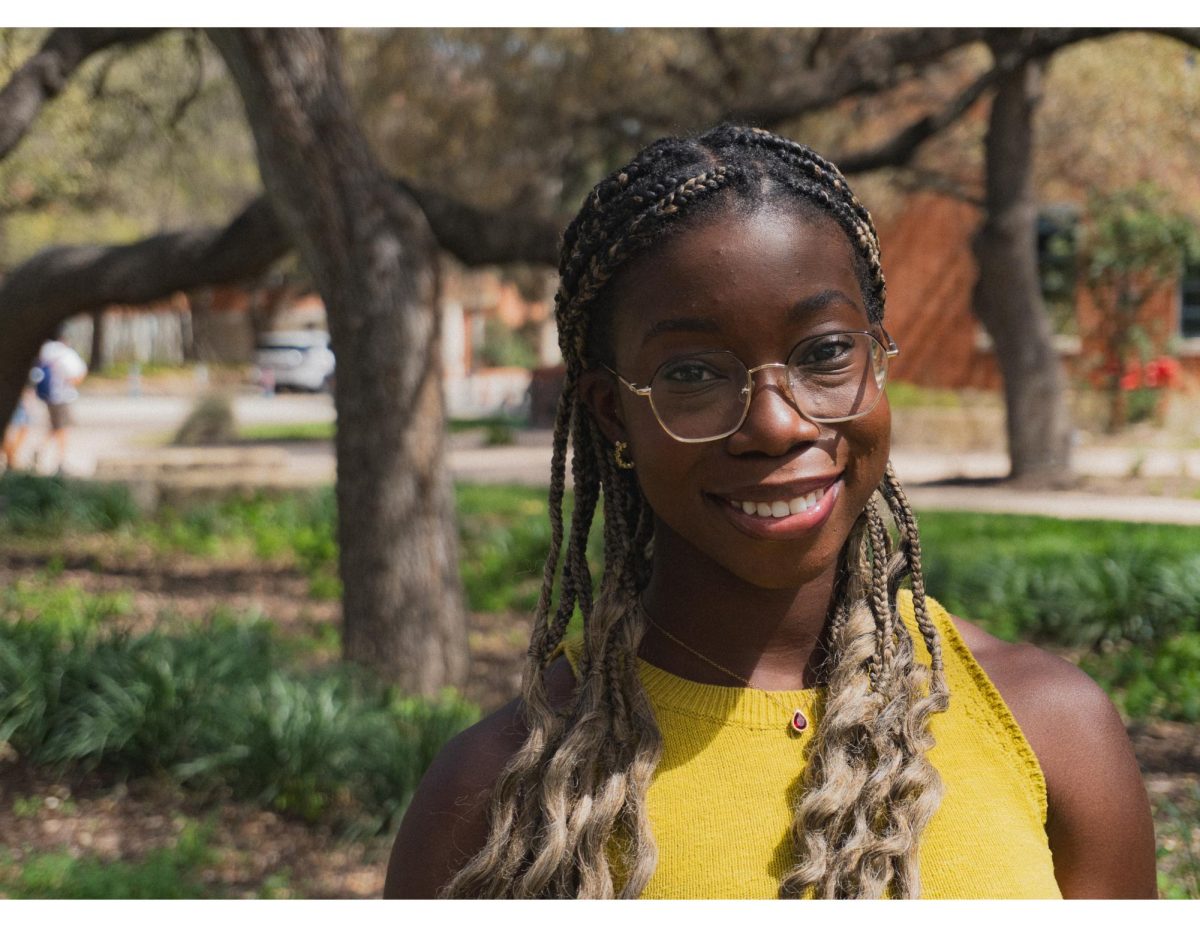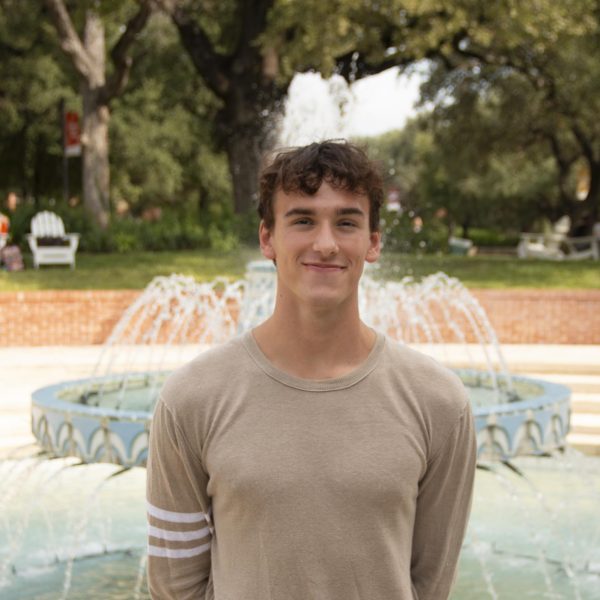Chains, gravel and 4,275 feet of altitude gain summarized the journey to Trinidad, Colorado for Jonathan King, chair of health professions, Rubén Dupertuis, school of arts and humanities dean and Harry Wallace, professor of psychology. Over the weekend of Sept. 30, these professors participated in “The Rad Dirt Fest” bike race.
All three professors participated in the 46.7-mile Frijole Course that winds through the Trinidad Lake State Park, Burro Canyon and the rocky, scenic wilderness of Colorado. They set up camp near the Purgatory River on Friday night, preparing for the race ahead.
“[The course] was really gravely and gnarly — it was almost suited for mountain bikes,” King said.
King started bike riding around five to six years ago to maintain his physical health. Since then, he has lost nearly 60 pounds and the sport has helped him manage stress and anxiety.
“Just the process of getting out there — I sleep better,” King said. “While peddling I can think through situations and have better clarity of mind. I find it helps me maintain my equilibrium while I balance, literally not falling over, but also managing all the expectations.”
Nevertheless, King was inspired to mount the bike by his friends – Dupertuis and Wallace. From his experiences with them, he felt encouraged to challenge himself further.
“Over the years we would just chit-chat and they would invite me out for some rides, and I just sort of built up strength. Last year, we did a couple of rides,” King said.
Now, riding three to four times a week, for half an hour, an hour or a couple of hours, King frequently indulges in biking for the health benefits it has to offer.
“Because I was trying to get everything done, I wasn’t prioritizing my own health. I don’t think that is a good strategy. For students, you need to take care of yourself. If you are going to do hard things, you need to take care of yourself. You need to work smarter, not harder,” King said.
King understands that students have lots of pages to read, papers to write and external pressures influencing life. He believes that students at Trinity are doing meaningful work. However, he encourages students to enjoy life beyond work.
“You can only give so much, and you have to renew. You have to find what it means to renew. Social interactions are obviously important. Sleep is important. Sleep renews your mind, it cleans out some of the debris in your mind,” King said.
King shared that his health journey, which has not been short or all in one step, directly relates to his participation in biking. He works hard to better himself.
“It’s been a series of small changes. I know I am not going to win any of these gravel races. I am not out there to win, I am out there just to grind,” King said.
With success comes failure. King explains that if an individual experiences a setback they have to work through it. That includes developing a new strategy to be successful. He notes that the same thought applies to an academic setting, and a student can handle a setback in different ways.
“I feel super privileged to be a professor here. To help students move forward in their careers. I know my classes tend to be hard, and students tend to work hard. To also help to support students in these classes, and see them grow and succeed is definitely a privilege,” King said.
King expressed that he cares for the health of others and himself. He believes that if individuals want to do good they must care.
“Everything takes energy,” King said. “Every time you make a commitment it takes hours of the day to get it done.”

